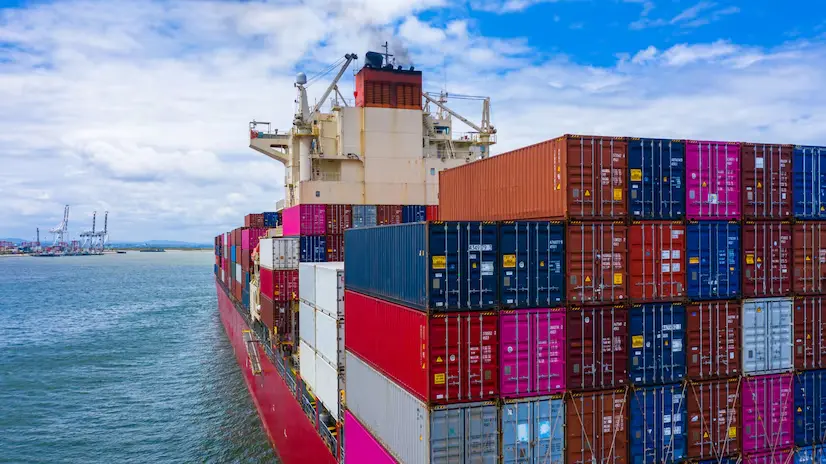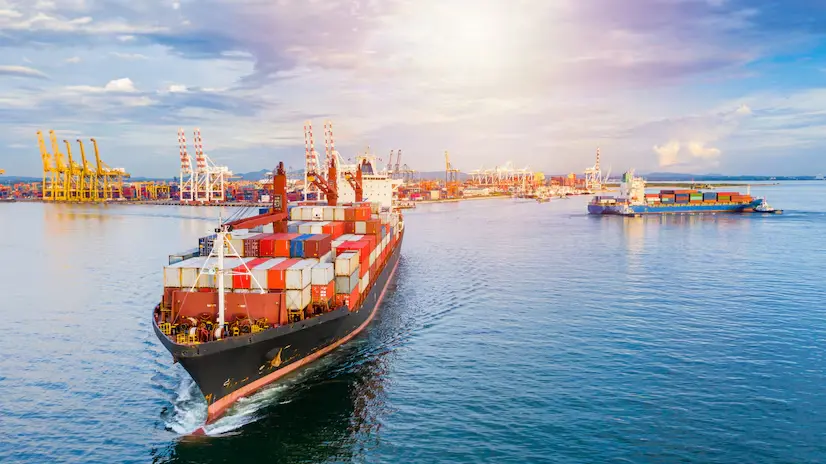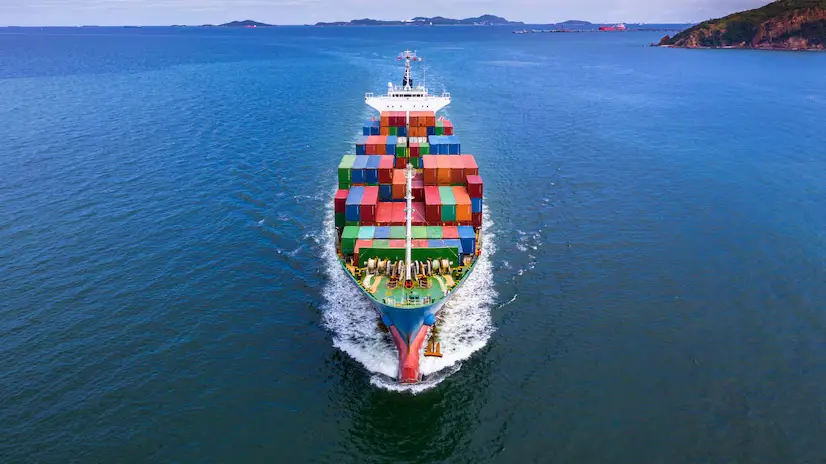
In the shipping industry, cargo war coverage has emerged as a crucial aspect of risk management. This specialised insurance protects goods transported through conflict zones at heightened risk of loss or damage due to war or civil unrest.
As global conflicts increasingly disrupt trade routes, understanding the implications of this insurance has never been more important for businesses engaged in international trade.
This article aims to educate you on the significance of cargo war coverage and its impact on safeguarding their operations. Let’s explore this matter further!
Understanding Cargo War Coverage
What is this type of insurance precisely? This is a type of insurance that protects goods in transit against losses incurred due to:
- War
- Riots
- Civil commotion
- Terrorism
- Insurrection
- Rebellion
- Other forms of unrest war perils
Unlike standard cargo insurance, which typically covers losses from common risks such as theft or damage during transit, cargo war coverage addresses the unique threats of conflict situations.
This includes scenarios where goods may be damaged, destroyed, or lost due to military actions, uprisings, or terrorism. Additionally, cargo war coverage can encompass risks such as:
- Sabotage
- Kidnappings and ransom
- Long-term disability
- Worker injury
- Emergency evacuation
Given the increasing frequency of conflicts affecting global trade routes since 2023, businesses must be aware of the situations that necessitate this specialised coverage.
These include active warfare, civil unrest, and even acts of terrorism, which can pose significant risks to shipments. We at Azure Risk can help you to cover your shipping needs.
Learn more about our solutions here!
Why Cargo War Coverage Matters?

1. Protection Against Financial Loss
One of the primary benefits of cargo war coverage is its ability to shield businesses from significant financial losses that may arise from goods (properties and cargo) damaged or lost in conflict zones.
For instance, consider a company shipping valuable electronics to a region experiencing civil unrest, as is what is happening in Lebanon now. Without cargo war coverage, any loss due to destruction or confiscation could result in catastrophic financial repercussions.
Case studies have shown that businesses without such coverage can suffer losses of hundreds of thousands of dollars when conflict impacts their shipments.
2. Enhancing Business Resilience
Having cargo war coverage in place enhances a business’s resilience to disruptions. In today’s volatile geopolitical landscape, the ability to respond to unforeseen events is paramount.
Companies with comprehensive risk management strategies, including cargo war coverage, are better equipped to navigate uncertainties in international trade. Due to the unpredictable nature of war and its potentially devastating impact, it often extends well beyond the financial capacity of individual insurers.
Also Read: Shipments to Israel during Israel/Gaza War
Most Cargo Policies include a provision that allows you to adjust the cost of war coverage following a notice period typically 7 days. This provision enables you as an insurer to reassess exposure related to any emerging conflict and adjust war coverage premiums accordingly.
Any adjustments to the premium will apply only to voyages or flights that have not yet commenced. Exposure will continue to be assessed throughout a conflict, and war risk pricing will fluctuate in response to the evolving situation.
This protects your assets and ensures operational continuity in challenging environments.
3. Legal Compliance and Peace of Mind
In some jurisdictions, insurance may be required when shipping to conflict-prone areas. Understanding these legal obligations is essential for businesses operating internationally.
Most war policies include a War Cancellation provision, which grants you, as insurers, the ability to cancel war coverage after a specified notice period.
This provision is typically activated when a significant regional or global conflict arises, rendering the provision of war risk cover financially unsustainable. In previous large-scale conflicts, governments have often assumed the responsibility for providing war risk cover.
By this provision, cargo war coverage helps ensure compliance and peace of mind, allowing every business leader to focus on their core operations rather than worrying about potential losses.
This assurance is precious in high-risk regions where geopolitical stability is uncertain.
4. Improved Supply Chain Management
Cargo war coverage plays a vital role in enhancing supply chain management. By integrating this coverage into risk assessment and planning processes, businesses can better prepare for disruptions.
For instance, companies can develop contingency plans for the risks of transporting goods through conflict zones.
Tips for effective integration include:
- Regularly reviewing policies
- Assessing risk exposure in various regions
- Working closely with insurance providers to tailor coverage to specific needs like Azure Risk.
Connect with us on LinkedIn!
How to Obtain Cargo War Coverage

Securing cargo war coverage involves several key steps:
1. Evaluate Your Risk Exposure
Begin by assessing the regions where you ship goods and identify potential conflict zones.
2. Consult with Insurance Experts
Engage with insurance brokers specialising in cargo war coverage to understand available options.
3. Select the Right Policy
Choose a policy that aligns with your specific needs, considering factors such as the types of goods shipped and the regions of operation.
4. Review and Update Regularly
Periodically revisit your coverage to ensure it remains adequate as geopolitical conditions change.
5. Implement Comprehensive Risk Management
Integrate cargo war coverage into a broader risk management strategy, enhancing your overall approach to safeguarding shipments.
To sum up, understanding and obtaining cargo war coverage is essential for businesses engaged in international trade, particularly in today’s unpredictable geopolitical landscape.
For expert advice and tailored insurance solutions, we invite you to consult Azure Risk, your trusted business insurance broker in Hong Kong.
Safeguard your shipments and fortify your business against global trade uncertainties today! Enquire Now!















